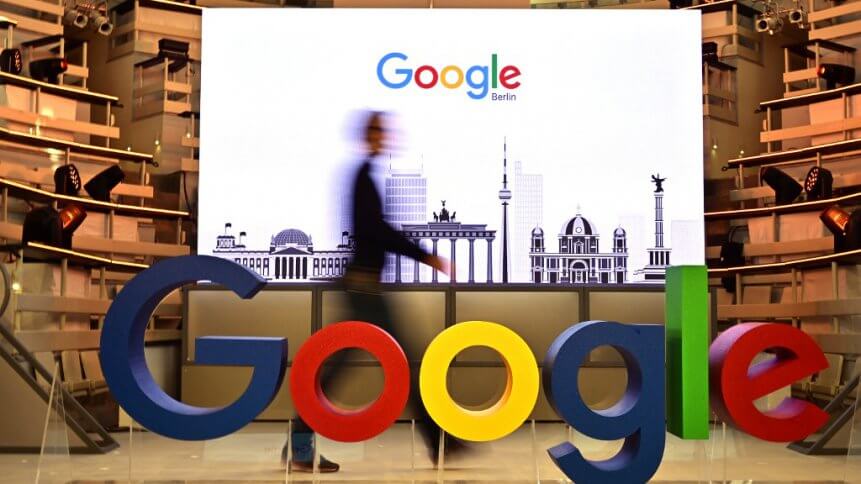What Google’s big privacy push could actually mean

- Google is leveling up its privacy game by announcing it will auto-delete activity data for new users
- The tech giant has been in hot water recently for unsatisfactory data practices on its platforms
- With consumers more vigilant to data collection than ever, tech giants must seeks to become ‘trusted’
Google has announced that it will delete activity and location data by default after 18 months for newly-formed account, making it easier for users to access its search, Maps, and YouTube apps without being tracked.
The latest updates to Google’s privacy controls come at a time when the tech giant has faced increased scrutiny on its data collection practices. Recently, France’s top administrative court upheld a 50 million-euro breach fine (US$56 million) that had been imposed on Google last year. In light of the attention and subsequent hefty fine, new privacy laws across Europe and the United States (which includes the CCPA, which will be taking effect this July) have pushed tech companies who had previously built the foundations of their empires using data to adjust their business practices.
Alphabet CEO Sundar Pichai emphasized Google’s new commitments to privacy in a recent blog post: “As we design our products, we focus on three important principles: keeping your information safe, treating it responsibly and putting you in control. Today, we are announcing privacy improvements to help do that, including changes to our data retention practices across our core products to keep less data by default.”
Google introduced auto-delete controls for users last year, but now all location, search, Google Assistant voice command and YouTube browsing history will be automatically deleted after 18 months for new users by default. Users also have the option to set this auto delete to every three months – however, personal data from Gmail, Drive, and Photos will not be part of the automatically deleted data.
As for existing Google account holders, they will have the auto-delete option promoted to them via search pages. On YouTube, users will be encouraged to reevaluate their privacy settings.
YOU MIGHT LIKE

Google hit with $57m fine for GDPR breach
Google’s move to auto delete user data after 18 months by default places them in the good graces of privacy watchdogs — as a platform that values data privacy, at least for now.
However, those concerned with their privacy should proceed with caution – the company technically will still be able to retain an immense quantity of the most recent user data, which is also the most valuable.
Google’s lucrative business model has been widely attributed to its ad targeting that leverages the mass collection and analysis of its user data. Last year, Pichai himself acknowledged that “the company gathers more data than necessary for ads and committed to minimize its collection,” in a piece with The New York Times.
Ryan O’Leary, an analyst with IDC Research, told Financial Post that the tech giant’s move is “ much more of a business decision and a marketing decision.”
“I think Google and Apple are kind of trying to become the preferred brands of people that are concerned about privacy, and they’re not trying to grow that ecosystem anymore. That ecosystem is there. So now that they have that market share, they’re trying to leverage it to become trusted and be these trusted tech companies.”









